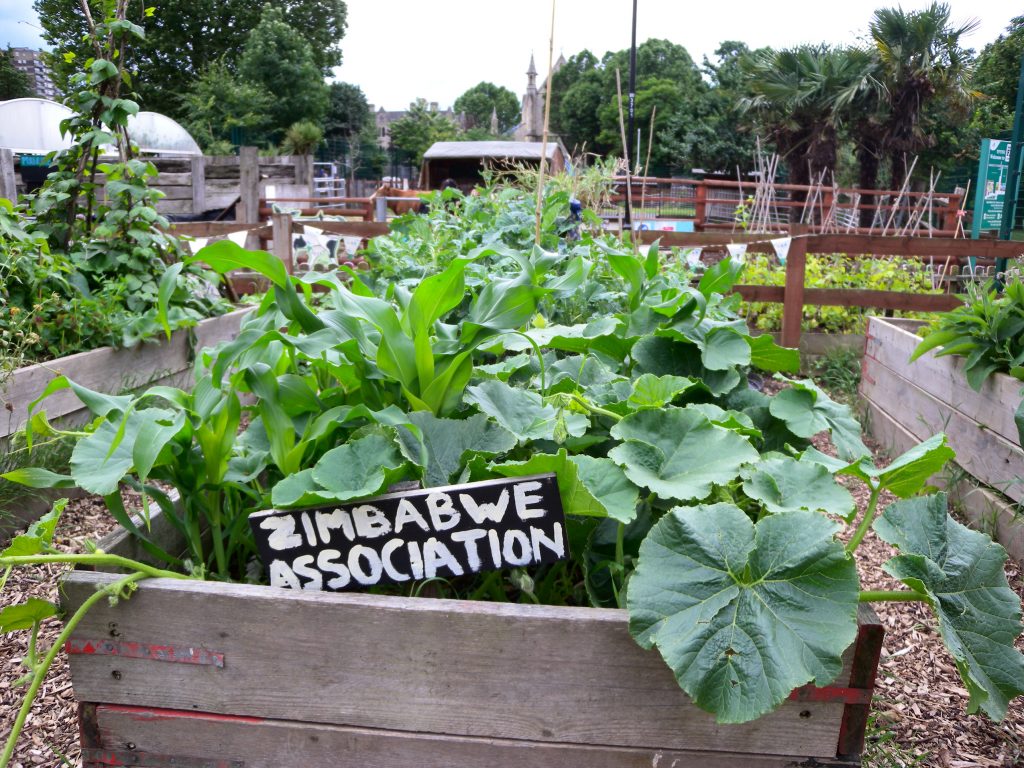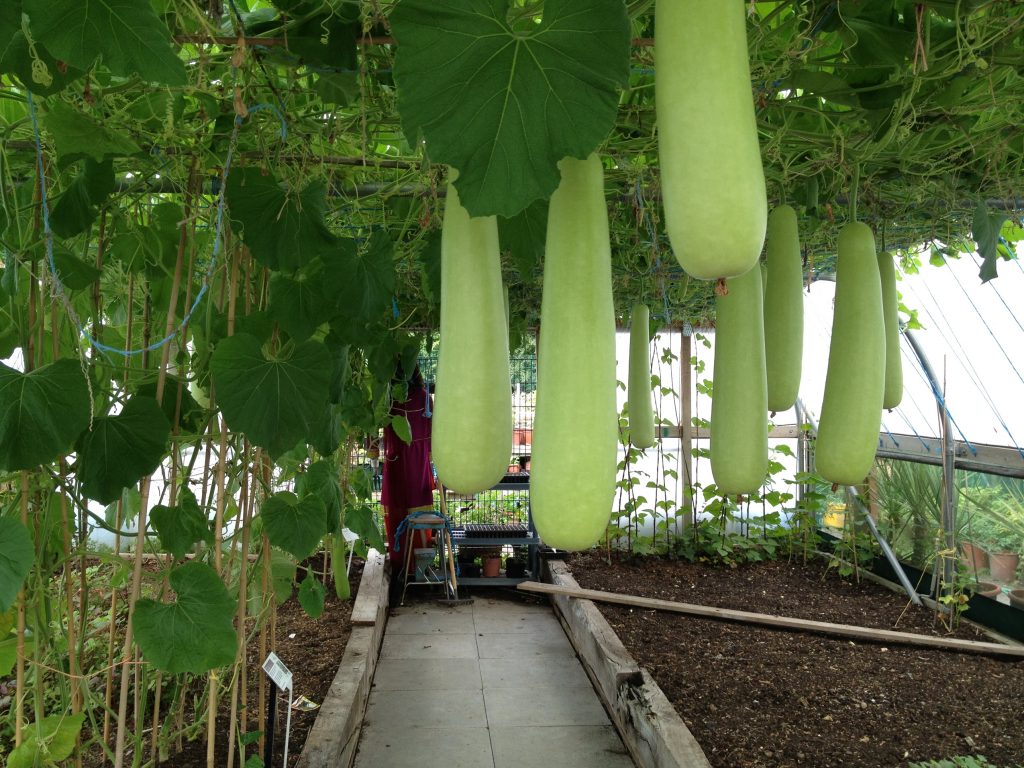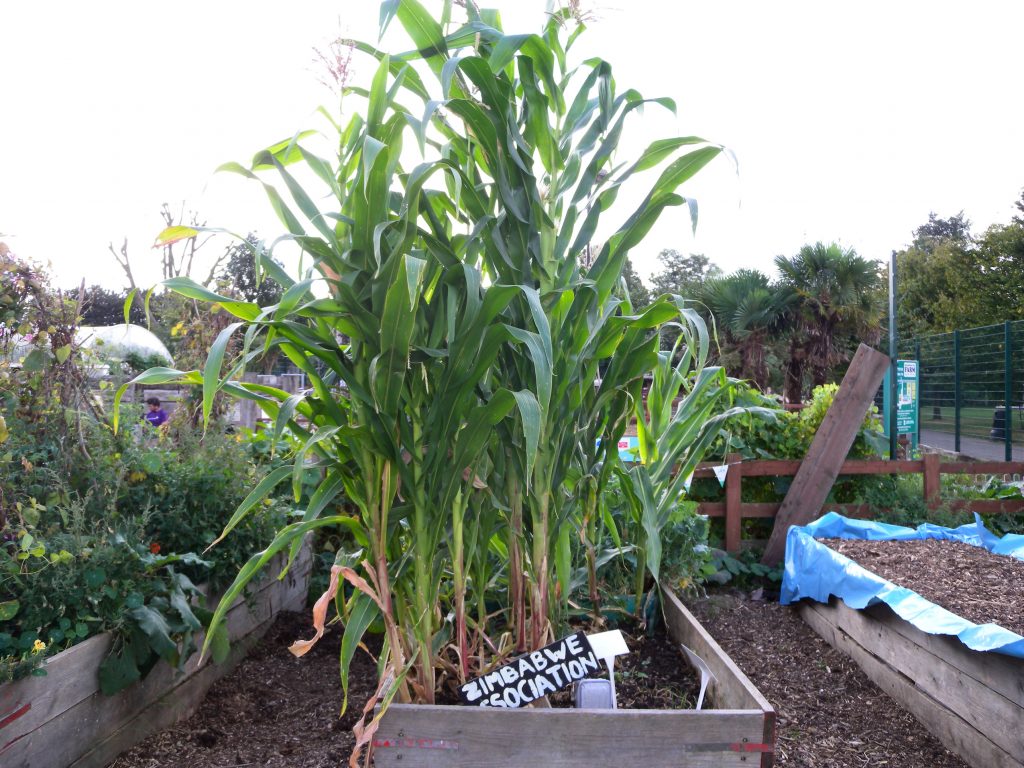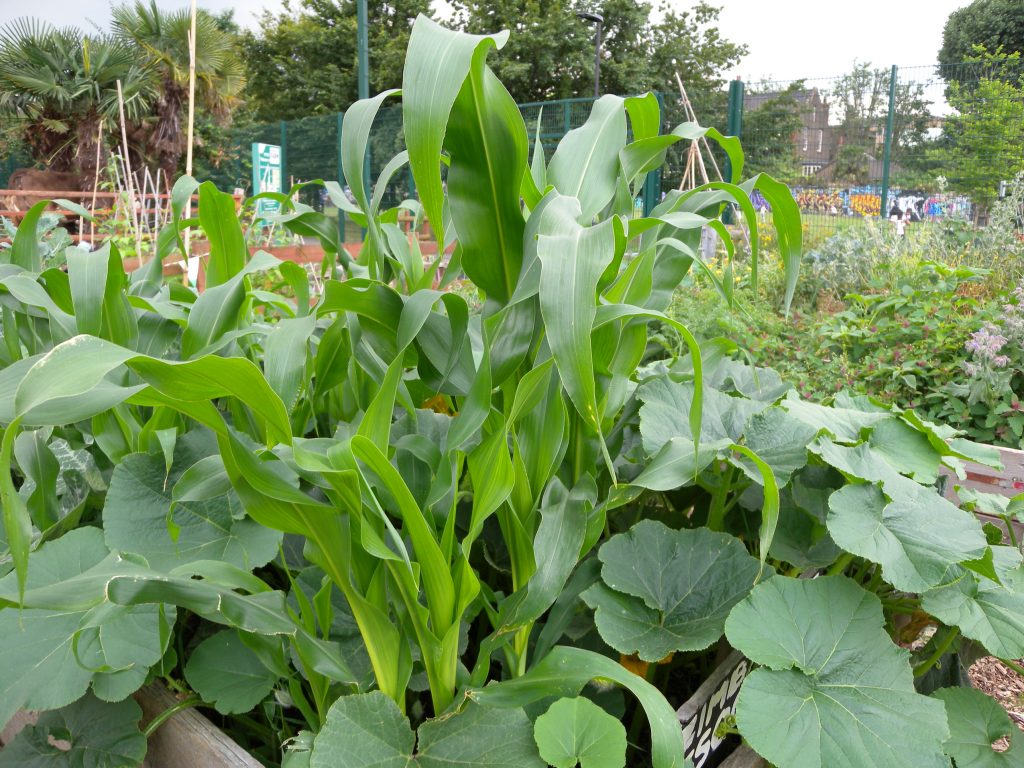
How can we realign and rebalance the structural and economic inequalities within the corporate food system through new algorithmic infrastructures in order to create more sustainable and just food systems?
This project explores an algorithmic approach to creating a sustainable food justice system through co-designing blockchain futures with urban agricultural communities in London. Food justice concerns both the structural inequalities and the environmental degradations effected by global corporate food regimes (Holt-Giménez, 2011). It is a paradigm case for algorithmic justice because it presents three clearly defined justice problems as well as incentives to solve them, and is therefore ready for algorithmic treatment.
We need to develop a more-than-human value system to decenter the human from its place of privilege and exceptionalism, and redistribute value more evenly throughout the food system. Within the Anthropocene – a new geological era in which human activity is transforming earth systems, accelerating climate change and causing mass extinctions – a human-centred value system is increasingly seen as untenable. A “more-than-human” perspective acknowledges the interdependencies of humans and non-humans (such as soil, other species, water, microorganisms etc) within the web of life.
We also need a way to sustain the food commons in order to create food sovereignty because the global corporate system has enclosed and extracted the planet’s resources resulting in monopoly concentration. The commons allows resources to be managed sustainably for the benefit of low income, ethnically diverse communities, rather than corporations’.
Finally, we need to ensure that our algorithmic approach is inclusive or we risk intensifying digital exclusions and inequalities. There are significant barriers to access and participation for citizen engagement with complex technologies like blockchain (Elsden, 2019). It is important that we find ways of integrating small scale farmers and their needs in the design of algorithmic systems.
Our project aims
- Develop a more-than-human value system in order to redistribute value more equally
between humans and non-humans - Develop new ways to sustain the food commons in order to manage resources more
equitably - Ensure that our algorithmic approach is inclusive in order to support participation
and access for diverse, marginalised citizens
To meet these aims, the project will explore co-designing blockchain prototypes for a more-than-human value system and sustaining the food commons with urban agricultural communities, using an inclusive speculative participatory design approach that we have developed, tested and synthesised. We focus on blockchain due to its potential through tokenisation, smart contracts, disintermediation, and distributed autonomous organisations (DAOs) to embed the interests of non-humans into algorithmic systems and create new value systems, leading to radical regulation and redistribution of power.
Our objectives
- To prototype blockchain futures for a more-than-human value system
- To prototype blockchain futures to sustaining the commons
- To develop a method for co-designing blockchain
solutions in order to incorporate inclusivity in our algorithmic approach
Why urban agricultural communities?
The concerns of urban agricultural communities are tied up in food justice. Our workshops will take place at Spitalfields City Farm, in the inner east London borough of Tower Hamlets, which is one of the most economically deprived boroughs in the UK. It is characterised by high population density, large-scale immigration, ethnic diversity, poverty and huge divides between rich and poor. It suffers from a range of food-related illnesses, which are further compounded due to the availability of unhealthy eating options. The challenges of volunteer labour, limited access to land, diminishing funding, and diverse users of urban agricultural communities provide opportunities to study the more-than-human entanglements and the food commons (Heitlinger, 2019). Finally, we can draw on our track record of working with such communities on justice issues to guarantee a successful outcome.
Approach
We will use a speculative participatory design (SPD) approach that we have developed, tested, and synthesised (Heitlinger et al, 2019b) to explore futures that are grounded in the values, needs and challenges of real communities. We also draw on the expertise of Furtherfield, a London-based arts organisation, who have developed an award-winning programme of engaging non-technical participants in blockchain futures. The approach is interdisciplinary, drawing on methods from art and design, STS, and computer science, in order to ensure that the project generates futures that have been examined both practically and critically.
Project Design
Initial literature review and synthesis of existing civic blockchain projects will inform the development of a new method for engaging urban agricultural communities in envisaging blockchain sustainable food justice futures (objective 3).
We will deliver 4 SPD workshops with Furtherfield. The first two workshops will elicit the specifications of a more-than-human value system (objective 1), and identify resources within the food commons (objective 2). The latter two workshops will introduce DAOs, multicurrency spaces, data-based constraints and privileges, and blockchain-based voting, in order to explore opportunities, risks and challenges of blockchain solutions.
We will explore embedding the interests of non-human actors such as soil, seeds and water in algorithmic systems, allowing these actors to mediate value exchange and intervene in decision making processes (objective 1). We will also explore algorithmic functions for sustainably managing the common resources through tokenisation and smart contracts (objective 2). Materials produced from workshops will inform the design of conceptual prototypes of blockchain-based systems for food justice, which we will present at a public event.
Project outcomes will raise awareness about, and open new opportunities for, developing algorithmic solutions for a sustainable food justice system, and serve the basis for a larger funding proposal.


